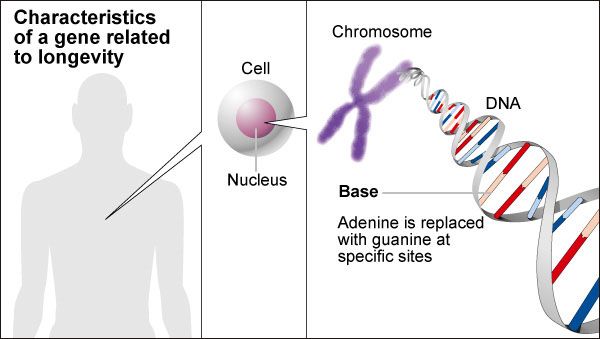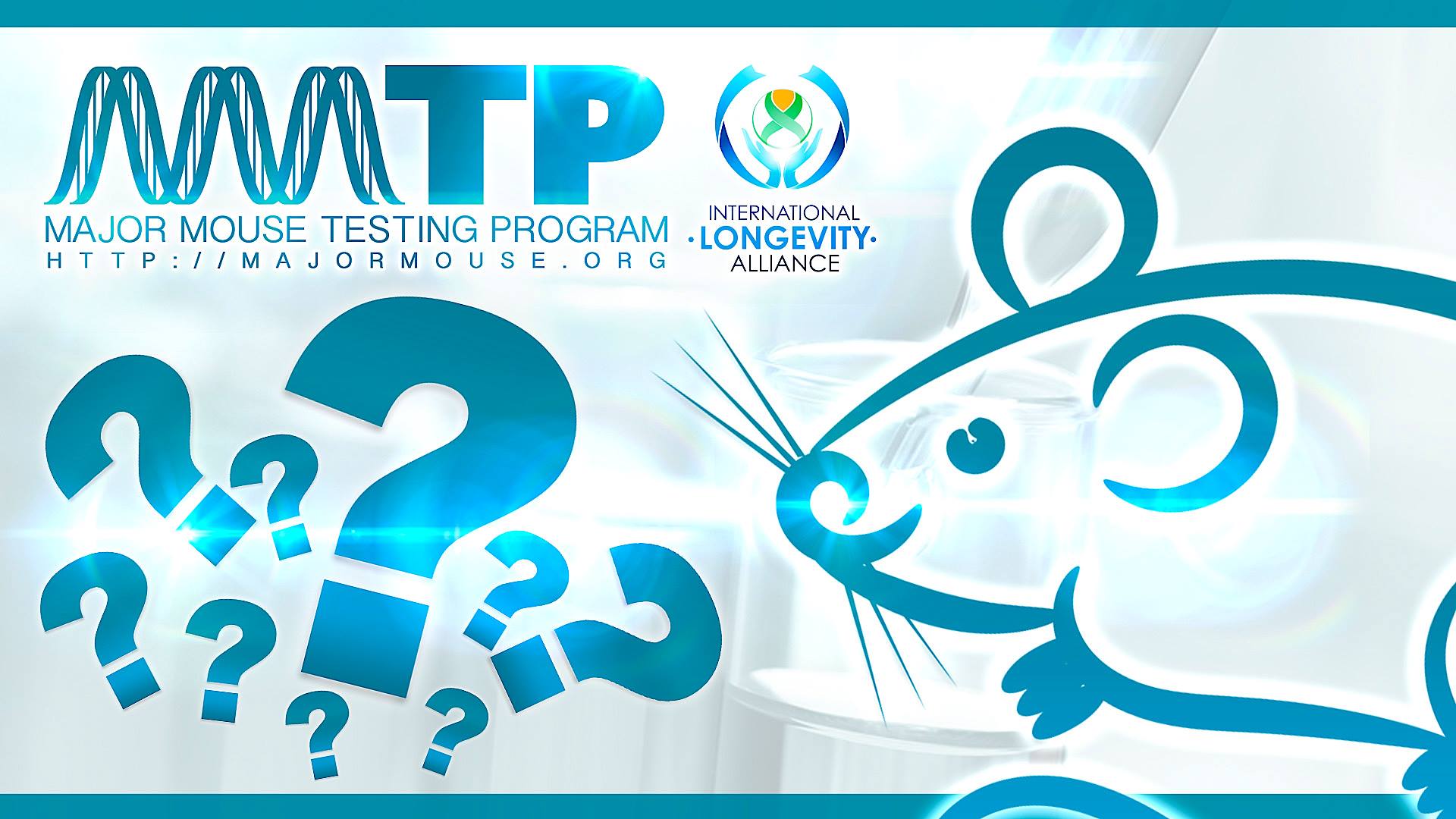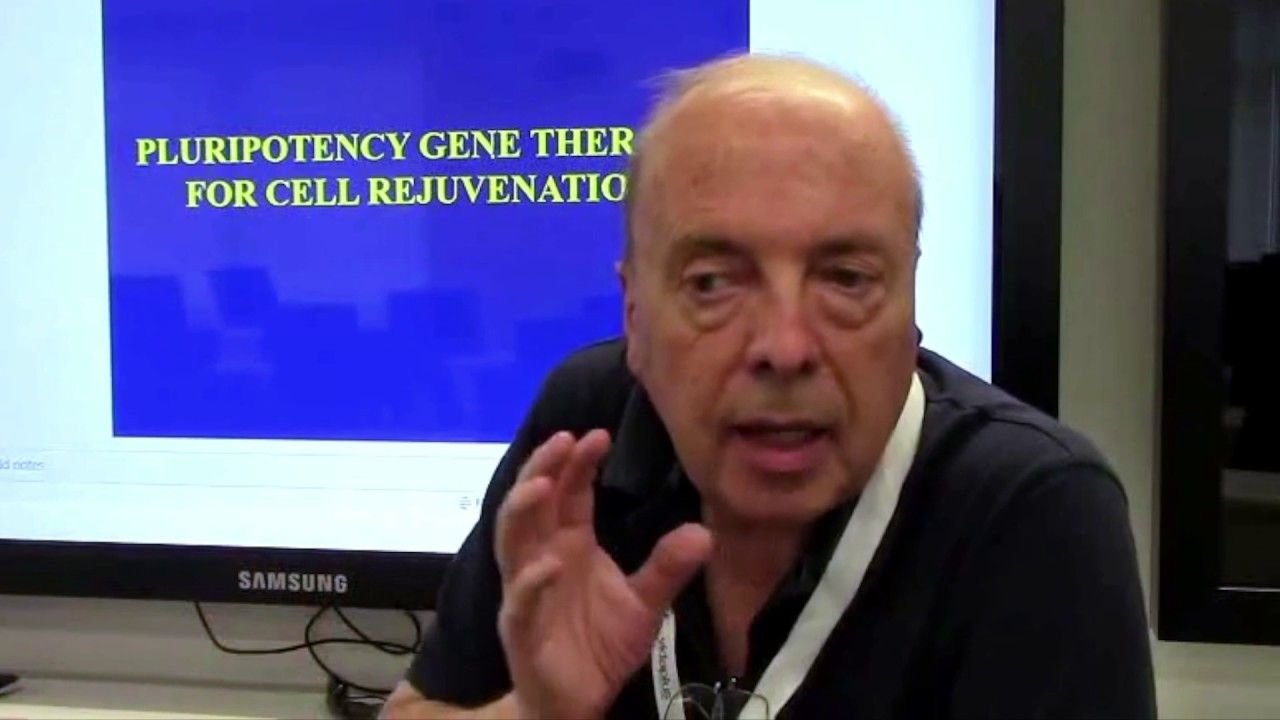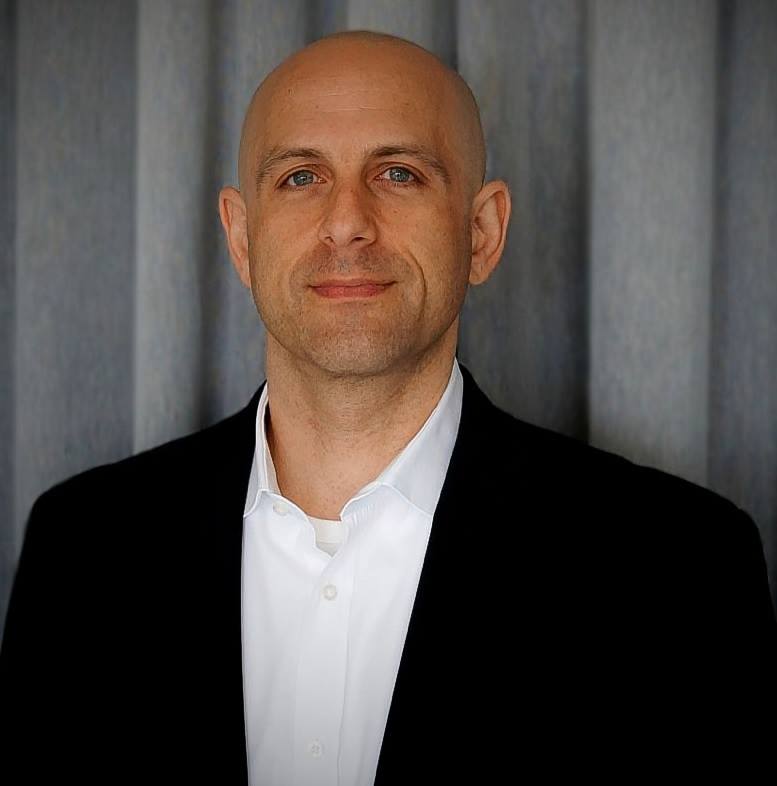Death gives as much meaning to life as having your stomach ripped out gives meaning to having a stomach.
You’ve probably heard this sentence a bagillion times. It’s the kind of statement people assume to be deeply philosophical and meaningful by default. In my humble opinion, though, it’s a pile of sh—oh, well, you know what.
If death gives meaning to life, I suppose diseases give meaning to being healthy, and thus we should leave some diseases around so that people can appreciate not being sick, right? How often do you say yourself, ‘Hmm… I haven’t been sick in a while… I should get one of those nasty cancers, before I stop appreciating how it feels being healthy. Where’s my emergency plutonium bar?’ Personally, I don’t say that to myself very often. I mean, I can totally appreciate the feeling of not being kicked in the nuts even without ever being kicked in the nuts, really. And I can appreciate not having a certain disease even if I’m not aware the disease exists. I can totally enjoy life without dying, and I could still enjoy it even if it were impossible for me to die.
People reason by analogies. They know there are some concepts that would be more difficult to grasp without their opposite, and think the analogy can be extended to ANYTHING AT ALL. For example, if you’ve never been sad, you can’t be sure just how different it is from being happy. I’m not sure how you can get from this to ‘you need to be mortal to enjoy life’, especially when there are no real-life examples of immortal people incapable to enjoy life because of their immortality. Can you smell the pungent aroma of foxes disdaining grapes?
Continue reading “Death gives meaning to life” »
















